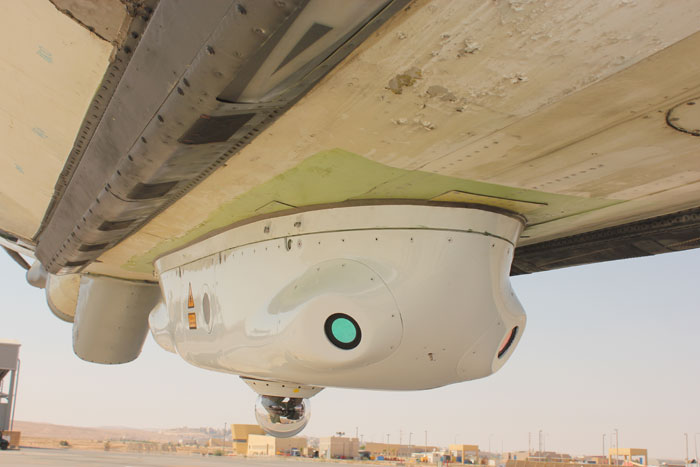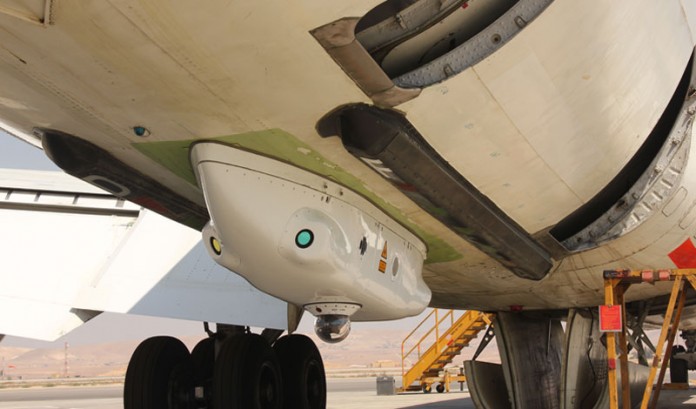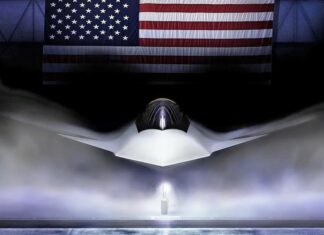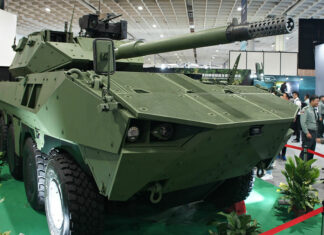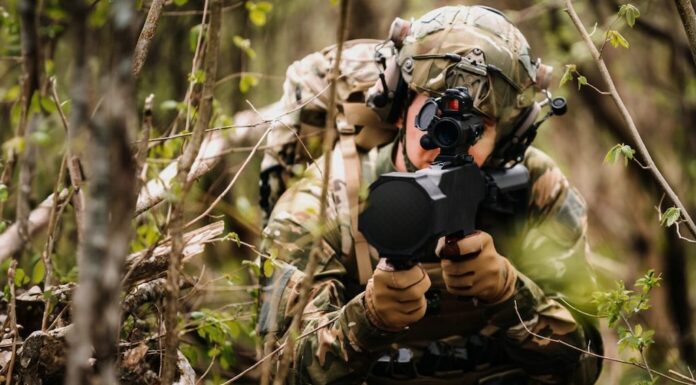The Israeli C-MUSIC laser-based Directional InfraRed CounterMeasure (DIRCM) system has recently passed a major milestone, following the completion of a qualification test series, an essential part of the systems’ certification process. In 2009 the system was selected by the Israel Ministry of Defense and Ministry of Transportation to defend commercial airplanes operated by Israel’s three commercial airlines.
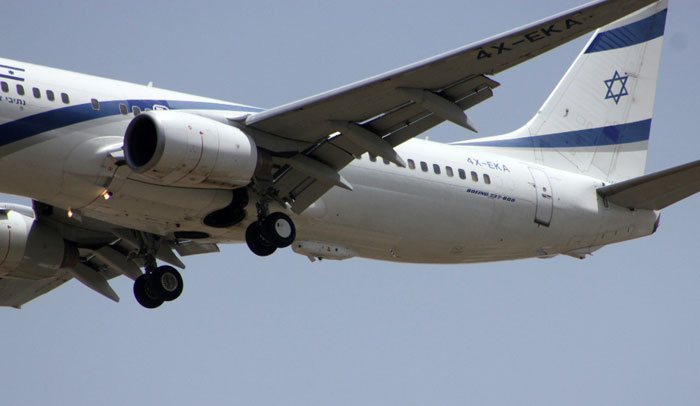
Designated ‘Skyshield’, the counter- MANPADS (man portable anti-aircraft missiles) system designed to protect civilian passenger planes from missile attacks completed full system acceptance test recently, meeting a major milestone after a long development that spanned over more than a decade. The recent test series involved the Israeli Civil Aviation Authority (CAA) at the Ministry of Transport, the authority responsible for the civilian certification of the system.
The system developed by Elbit Systems employs a fiber-laser based DIRCM to defeat heat seeking anti-aircraft missiles. The laser consists of a compact fiber-laser that can effectively engage the seeker incoming IR homing missiles, thus deflecting such missile from their course. The Skyshield has been selected by the Israel Ministry of Transport to protect the civilian aircraft operated by all Israeli commercial airlines.
According to Brig. General Eitan Eshel, the head of R&D at the IMOD, the Skyshield test series was one of the most complex tests conducted in Israel. The test involved multiple engagements against targets simulating an aircraft protected by the system. The tests included a wide variety of threats that the SkyShield system would have to tackle in order to protect passenger aircrafts.

The proliferation of MANPADS has been a concern for many years. Terrorist organizations and narco cartels have gained access to such weapons worldwide. The supply of more advanced missiles has increased following the collapse of the Libyan army in 2011, and the availability of such weapons from alternative sources, including China and Iran.
According to a report published recently by the Wall Street Journal, Saudi Arabia has offered to deliver Chinese MANPADS to the Syrian opposition. The U.S. has long opposed arming rebels with antiaircraft missiles for fear they could turned against commercial airlines, in the region or around the world.
Unlike the permanent installation of infrared countermeasures on military aircraft and helicopters, commercial airliners do not carry such systems on every flight. Instead, the aircraft are installed with an ‘A Kit’ that includes all the necessary attachments, wiring and connections for the system. An add-on ‘B Kit’ that includes the entire system, will be installed on specific aircraft flying to destinations the national security agency consider to present ‘high risk’. Once installed on the aircraft and switched on, ‘SkyShield’ is programmed to protect aircrafts automatically, without posing any environmental or safety hazards. The systems will be provided to the airline companies as part of the government sponsored security envelope they already receive on their international operations.
